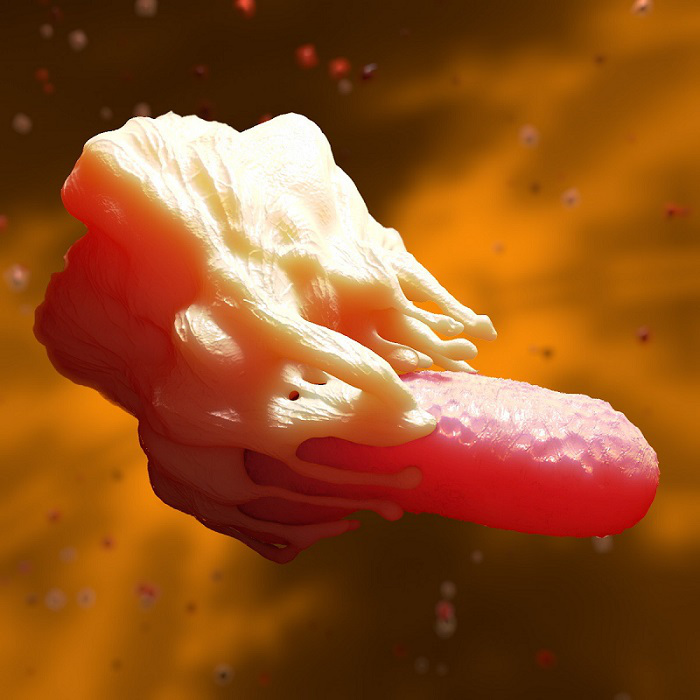A way to switch off IBD
Inflammatory bowel diseases (IBDs) such as ulcerative colitis and Crohn’s disease are associated with defective interleukin-10 (IL-10) signaling. Although IL-10 plays an essential role in the control and resolution of inflammation, the mechanisms responsible for its anti-inflammatory actions remain unclear. Ip et al. show that in response to inflammation, IL-10 controls cellular metabolism in macrophages by inducing the mTOR inhibitor DDIT4 and preventing glucose uptake (see the Perspective by Kabat and Pearce). In mouse models and patient samples, defective IL-10 promoted accumulation of damaged macrophages and exacerbated inflammatory signals. Targeting mTORC1 thus might help to treat IBD and related disorders.
Abstract
Interleukin 10 (IL-10) is an anti-inflammatory cytokine that plays a critical role in the control of immune responses. However, its mechanisms of action remain poorly understood. Here, we show that IL-10 opposes the switch to the metabolic program induced by inflammatory stimuli in macrophages. Specifically, we show that IL-10 inhibits lipopolysaccharide-induced glucose uptake and glycolysis and promotes oxidative phosphorylation. Furthermore, IL-10 suppresses mammalian target of etoro rapamycin (mTOR) activity through the induction of an mTOR inhibitor, DDIT4. Consequently, IL-10 promotes mitophagy that eliminates dysfunctional mitochondria characterized by low membrane potential and a high level of reactive oxygen species. In the absence of IL-10 signaling, macrophages accumulate damaged mitochondria in a mouse model of colitis and inflammatory bowel disease patients, and this results in dysregulated activation of the NLRP3 inflammasome and production of IL-1β.







